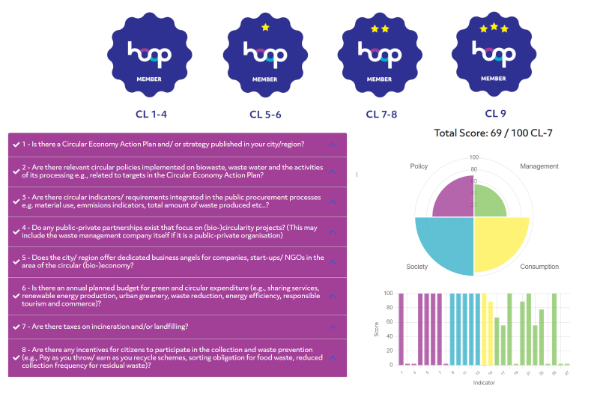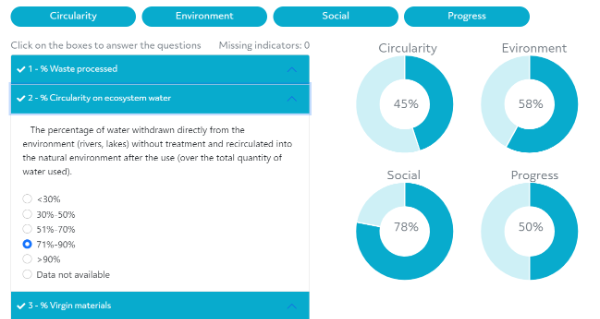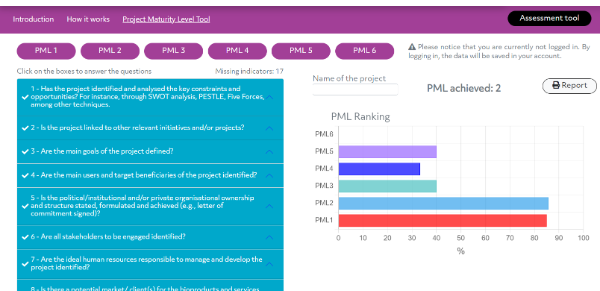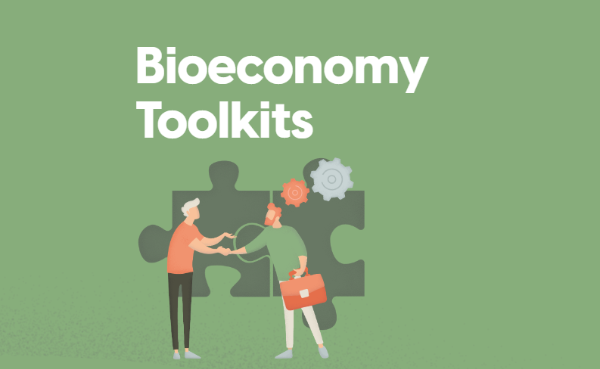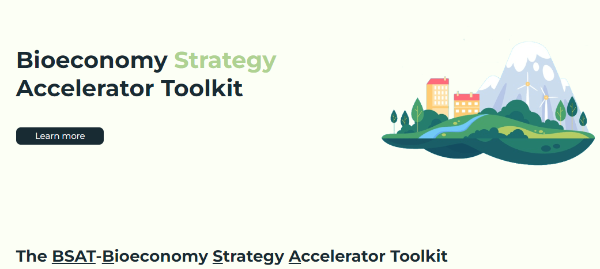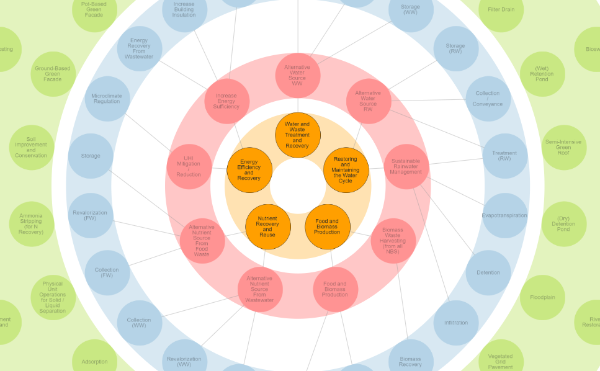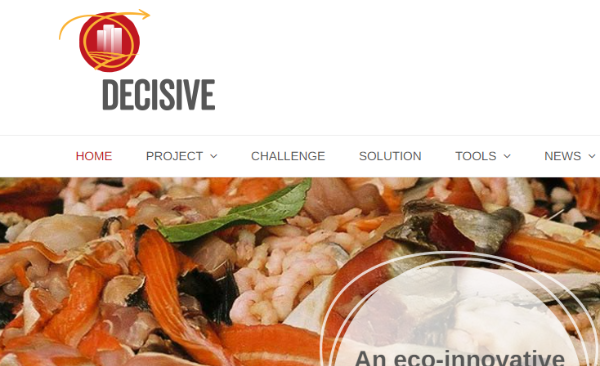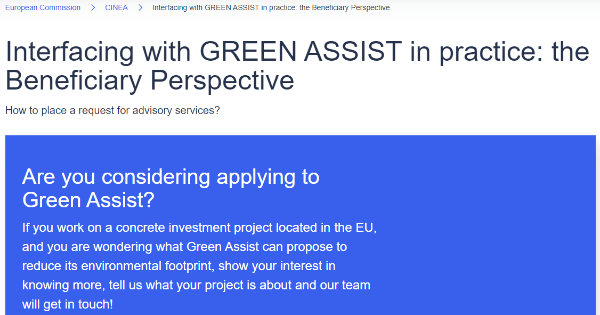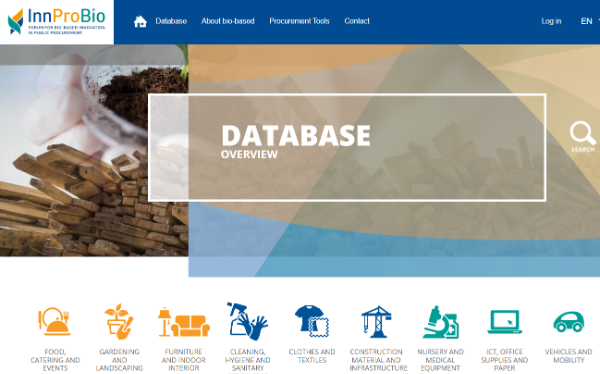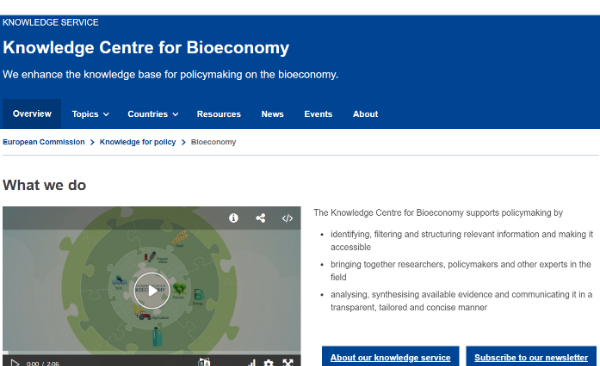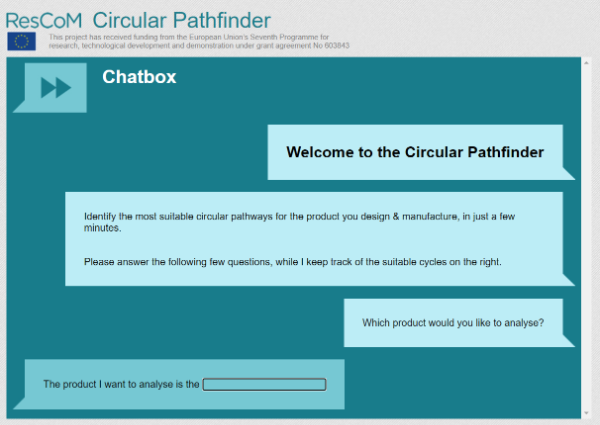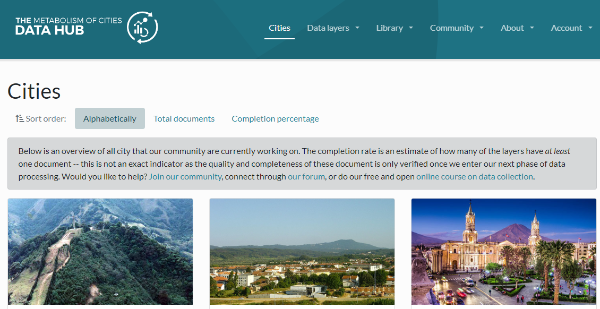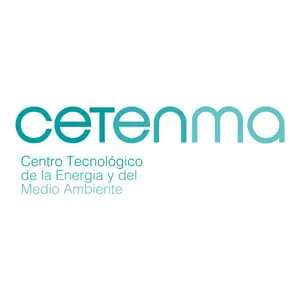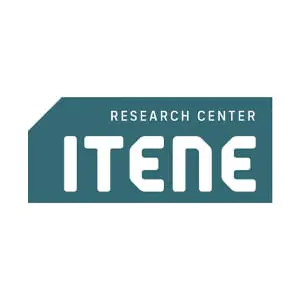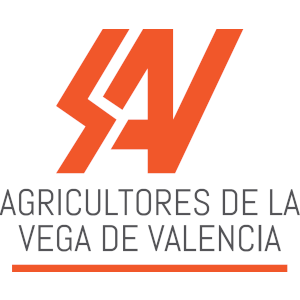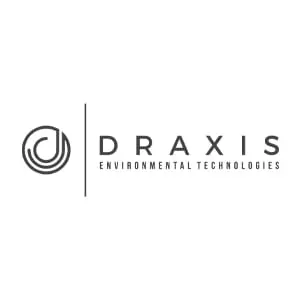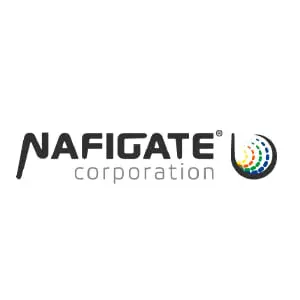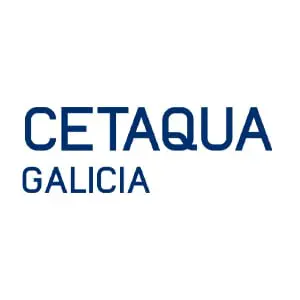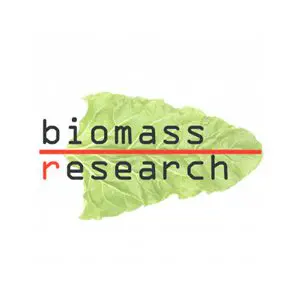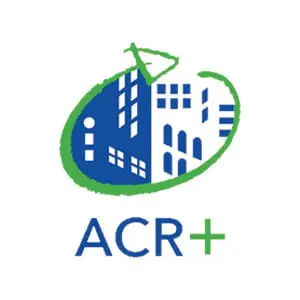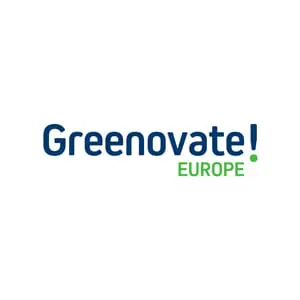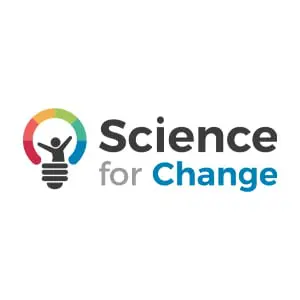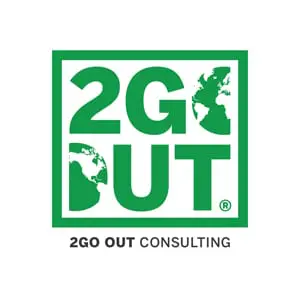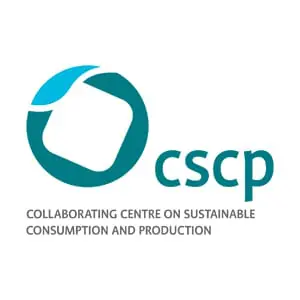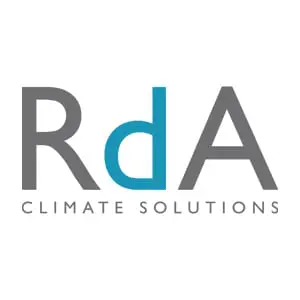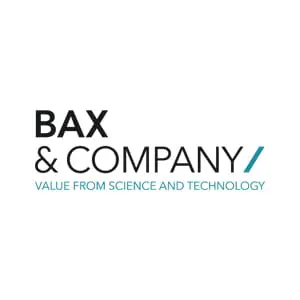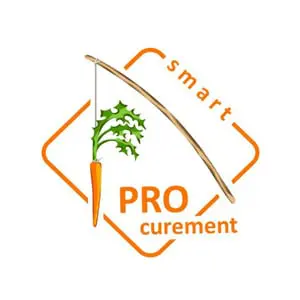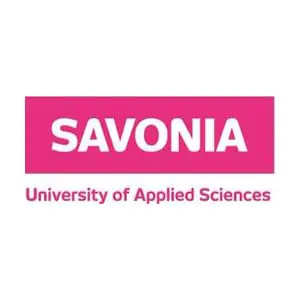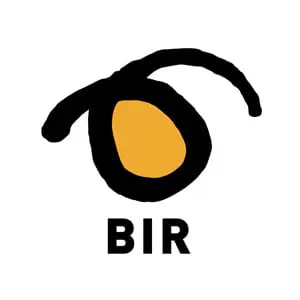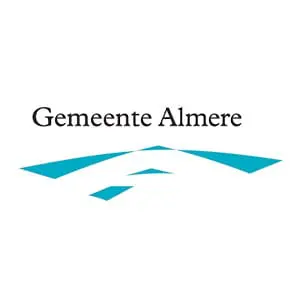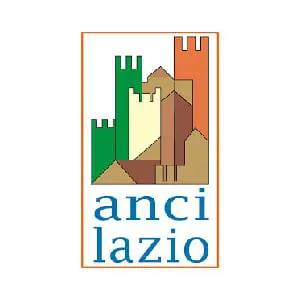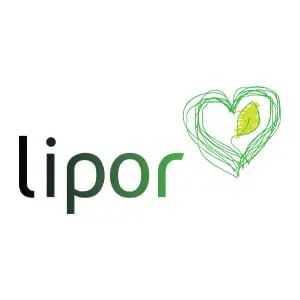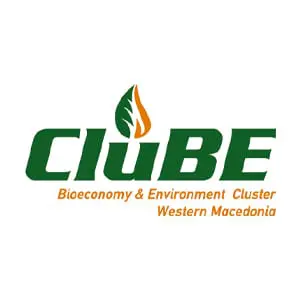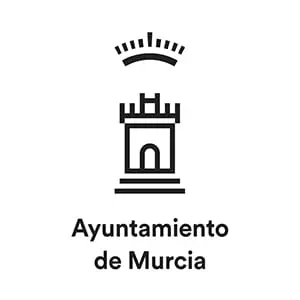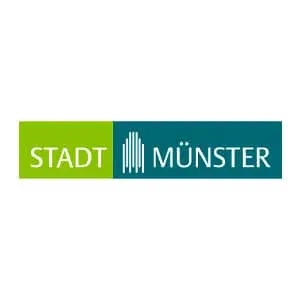Bio-Circularity Label
The HOOP Circularity Label tool is an instrument to understand the current performance of a city/region regarding the implementation of bio-circular measures.
Circular strategies
Guidance, Informative, Self-assessment
Go to link
Circular Valuation method
The HOOP Circular Valuation method is a clear and simple method for companies and public bodies to assess whether circular projects are financially attractive.
Circular strategies, Financing
Self-assessment
Go to link
Project Maturity Level
The HOOP Project Maturity Level (PML) is a standard guidance and ranking tool that evaluates the maturity level of the projects in accordance to several criteria to accomplish and reach, in order to improve their maturity and bankability to mobilise green financing and funding for its realisation.
Financing, Investment
Self-assessment
Go to link
Bioeconomy Toolkits for Business & Policy Makers
Bioeconomy Toolkits created a set of informational kits to explain the bioeconomy from different perspectives, producing an online package of knowledge and supportive media. Each kit is an action-oriented compilation of related information, tools, databases, videos, presentations, platforms and good practices. Take a look!
Circular strategies, Citizen awareness, Legislation
Informative
Go to link
BSAT-Bioeconomy Strategy Accelerator Toolkit
The Bioeconomy Strategy Accelerator Toolkit (BSAT) is an online platform designed to guide decision-makers in developing or updating regional bioeconomy strategies. It is part of the POWER4BIO project, funded by the European Union’s Horizon 2020 research and innovation programme. The BSAT aims to empower regional stakeholders to boost the transition towards bioeconomy regions in Europe by providing them with the necessary tools, instruments, and guidance.
Circular strategies, Stakeholder engagement
Guidance
Go to link
Circular City
The Circular City Guidance Tool is designed to address five key urban circularity challenges: restoring and maintaining the water cycle, water and waste treatment and recovery, nutrient recovery and reuse, energy efficiency and recovery, and food and biomass production. By integrating circular economy principles with Nature-based Solutions (NBS), the tool provides a framework to promote sustainable urban development.
Circular strategies
Guidance
Go to link
DECISIVE- Decision Support Tool (DST)
The DECISIVE Decision Support Tool (DST) aims to evaluate the performance of both centralized and decentralized biowaste management systems using environmental, economic, social, and regulatory criteria. By offering detailed inventories and assessment criteria, the tool helps competent authorities, consulting firms, and waste operators make informed decisions to improve the efficiency and sustainability of biowaste management practices.
Circular strategies, Valorisation technologies
Self-assessment
Go to link
Green Assist
The Green Assist provides advisory services for green investment projects. It targets sectors of natural capital and circular economy, as well as non-environmental sectors, and is part of the European Green Deal Investment Plan. The Green Assist provides on-demand, free, and customized advisory services by distinguished experts. These experts are selected from an established pool or recruited from other advisory services
Investment
Consultancy
Go to link
InnProBio Bio-based Products Database
In this database you find a range of bio-based products that are already on the market. For each product you can find information on the product itself, for example its specifications, bio-based content, and sustainability certification. This database is only available in the English language.
Citizen awareness
Consultancy, Informative
Go to link
Knowledge center for bioeconomy
The Knowledge Centre for Bioeconomy supports policymaking by identifying, filtering and structuring relevant information and making it accessible; bringing together researchers, policymakers and other experts in the field; analysing, synthesising available evidence and communicating it in a transparent, tailored and concise manner
Circular strategies, Legislation
Informative
Go to link
ResCoM Circular Pathfinder
Starting tool for companies interested in circular economy thinking. It allows them to explore and identify the most suitable circular pathways for their products by answering just a few questions. Informed by best practices of other companies, the Circular Pathfinder guides the user towards circular pathways that have potential in their specific case. It explains why certain pathways, such as product remanufacturing, life extension or recycling are of interest, with examples.
Circular strategies
Go to link
The Metabolism of Cities - Data Hub
The Data Hub is a platform designed to facilitate the collection, processing, visualization, and analysis of data for urban circularity assessments. It serves as a central repository for various types of data, enabling cities to manage and analyze their information effectively.
Urban metabolism
Informative
Go to link
